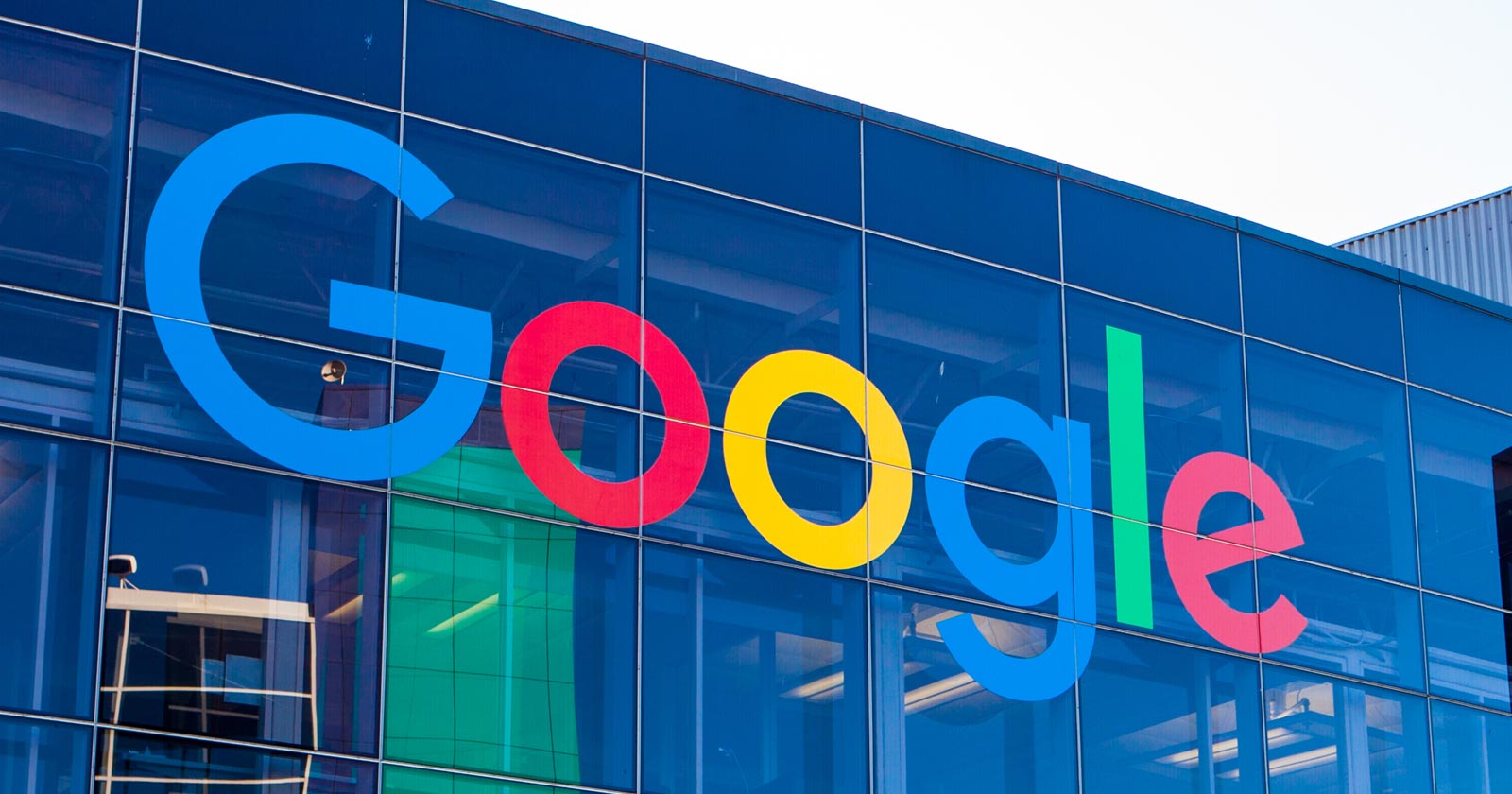
Google’s SearchLiaison confirmed that Google’s site reputation abuse update started on Monday May 6th. Many sites from across the web took down webpages that could be perceived as hosting third-party content for the purpose of ranking in search engines.
An old strategy that’s made a recent comeback is one in which a marketer will piggyback their content on another website in order to rank it in search engines. The best way to describe the practice is that a publisher is piggybacking on another publishers website.
Some newbie marketers slapped the awkward name parasite SEO to the practice. Parasite SEO is an inept name for this strategy because a parasite subsists on an unwilling host organism but this approach to ranking is by agreement and not one site attacking another one without permission.
This isn’t a low-level affiliate marketer strategy though. It’s also one that’s practiced by many major brands, particularly for credit cards and product reviews.
This specific spam policy targets sites that host third party content in which the host publisher has little to do with the content published on their site. It takes more than just hosting third party content however to be targeted as spam.
Google’s formal definition is:
“Site reputation abuse is when third-party pages are published with little or no first-party oversight or involvement, where the purpose is to manipulate Search rankings by taking advantage of the first-party site’s ranking signals. Such third-party pages include sponsored, advertising, partner, or other third-party pages that are typically independent of a host site’s main purpose or produced without close oversight or involvement of the host site, and provide little to no value to users.”
Google’s SearchLiaison confirmed in a tweet that the policy went into effect today.
He tweeted:
“It’ll be starting later today. While the policy began yesterday, the enforcement is really kicking off today.”
Some big brand sites have recently removed sections of their site that featured product reviews that lack evidence that the reviewer actually handled the reviewed products. The reviews lacked original product photos, no product measurements and no testing results.
Read Google’s guidelines on Site Reputation Abuse.
Featured Image by Shutterstock/Lets Design Studio
Google’s John Mueller says the Search team is “explicitly evaluating” how to reward sites that…
Google revealed details of two new crawlers that are optimized for scraping image and video…
Here is a recap of what happened in the search forums today, through the eyes…
YouTube unveiled four new content and ad offerings at its 13th annual Brandcast at David…
What Is Direct Traffic in Google Analytics? Direct traffic in Google Analytics 4 (GA4) refers to…
Google looks like it will discontinue the direct ordering option with the Order with Google…
This website uses cookies.
Leave a Comment